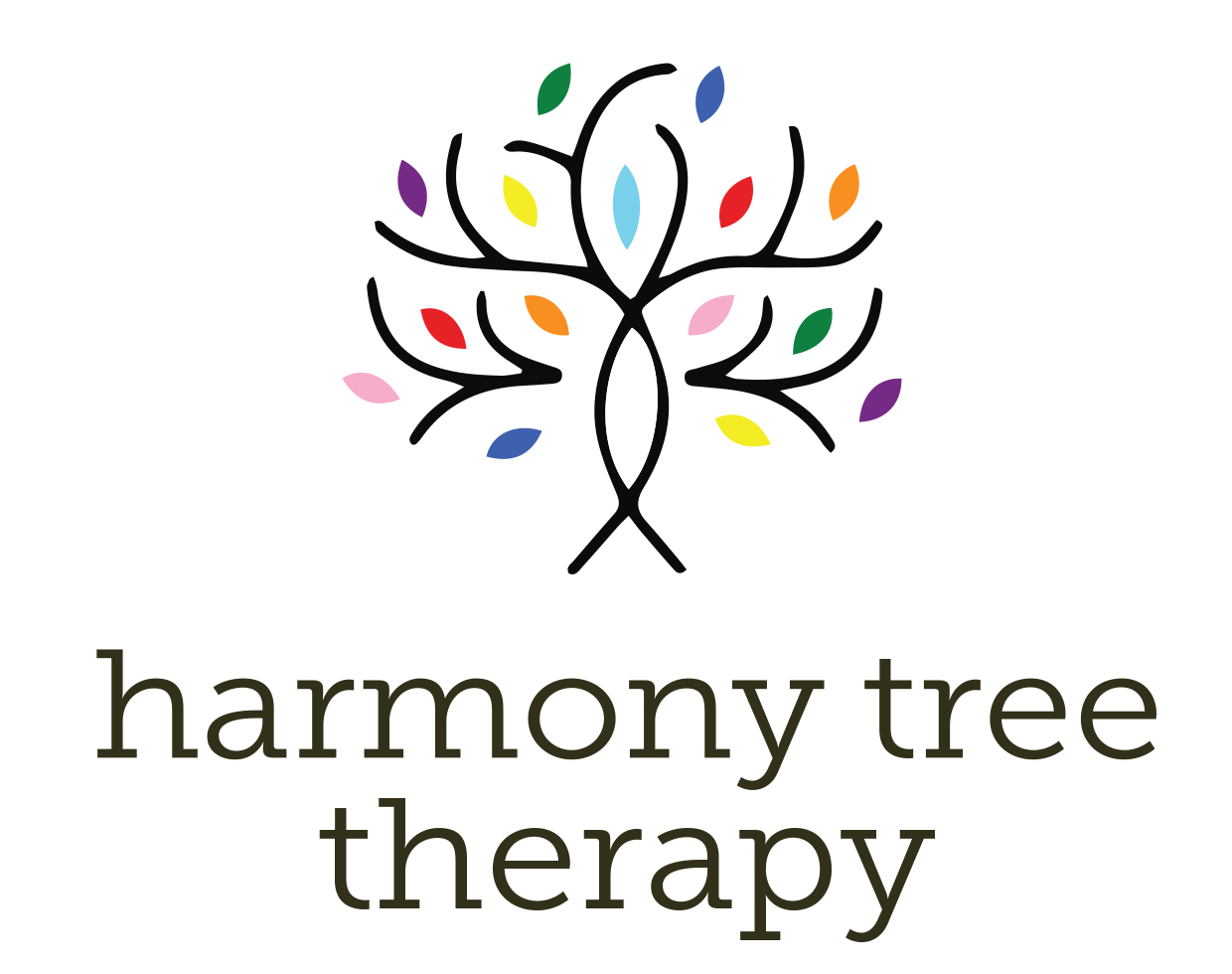Do you offer in-person, on-line, or phone sessions?
I offer in-person sessions in downtown St. Catharines and central Toronto. I also offer on-line sessions via Zoom and telephone sessions.
What kinds of therapy do you offer for couples?
I offer therapy for couples using a variety of solution-focused, scientifically proven methods, including the Gottman Method
What kinds of therapy do you offer for individuals?
Cognitive Behavioural Therapy works by identifying problematic thoughts and thought patterns that can lead to physical discomfort and problematic feelings. Together, we will work to change those problematic and intrusive thoughts to more positive ones which will in turn alleviate your physical discomfort and problematic feelings.
Solution-Focused Therapy is a short-term goal-focused approach, which helps clients change by constructing solutions rather than focusing on problems. SFT is helps to provide hope, positive emotions, and future-oriented changes by creating, encouraging, achieving, and sustaining desired behavioral change.
Positive Psychology is a way to boost your happiness in life. As its name suggests, positive psychology focuses on growth by building on what’s positive. This type of therapy helps you focus on positive emotions and emphasizes developing emotional intelligence, happiness, and well-being.
How can I pay for my sessions?
You can pay for your sessions with credit card, e-transfer (preferred), or cash. I will send you a receipt.
How can I use my insurance to pay for my sessions?
In order to use your insurance, you will have to pay first and then I will issue you a receipt for you to use to be reimbursed.
Do you offer a sliding scale?
Yes, I offer a sliding scale based on income. Please inquire.
How can I prepare for my first session?
Before your first session I will email you a consent form, my cancelation policy, and an intake form for you to complete and return to me.
Think about your goals for therapy, and take a moment to jot them down.
What can I/we expect during the first session?
For in-person sessions, feel free to enter without knocking, and make yourself comfortable in the waiting area. At the beginning of the session, we will discuss your intake form, and begin developing our therapeutic relationship.
If you have chosen on-line therapy, I will send you a zoom link on the day of the session and we will join at the allotted time.
If you have chosen telephone sessions, I will call you at the allotted time.
At the beginning of the session, I will ask you what your goals are for therapy. It’s ok if you’re not sure, we will figure it out together. I will ask you questions that are designed to get to know you and your concerns or difficulties.
How long are therapy sessions?
Individual sessions are 50 minutes.
Couple sessions are 50 minutes. The first session is with the couple, the second session is with one of the partners and the third session is with the other partner. The fourth session is with the couple and is 1 hour 20 minutes. The subsequent sessions are 50 minutes.
How often will I attend therapy?
The frequency of therapy will depend on the type of therapy, the difficulties you struggle with and your personal preferences, but psychotherapy is most beneficial when you incorporate it into your life weekly and for about 12-16 sessions. After that, many continue to come to therapy for maintenance and for comfort.
How long will I have to attend therapy?
This is a difficult question to answer. There are many different factors that influence the length of therapy. The type of therapy, the difficulties you struggle with, and your personal preference all play a role in determining the length of therapy. Some people choose to attend therapy for a short time and others prefer to continue their therapy long-term.
What age groups do you work with?
As a trained educator and therapist, I am able to work with children of elementary age, adolescents, and adults.
What populations do you work with?
I work with children, adolescents, adults, seniors, and couples.
I also work with the LGBTQ2IAS+ community, sex workers, and all gender identities and sexualities.
Will I have “homework”?
Working on yourself takes consistent effort over a sustained period of time. While talk therapy can help immensely, results can be faster and more sustainable if you work on developing your new coping methods and skills outside of therapy sessions.
What happens if I don’t complete my homework?
If you are not able to complete your homework, we will discuss any barriers that you faced since our last session and we will work cooperatively to help you be successful next time.

